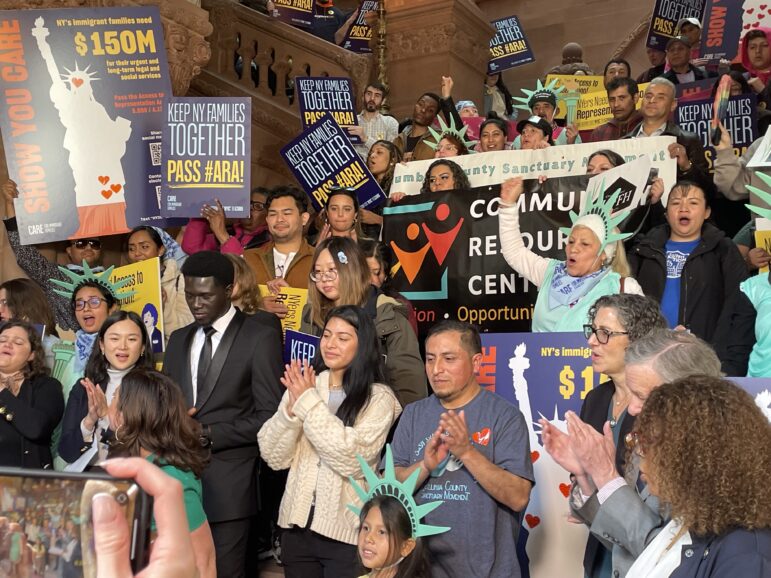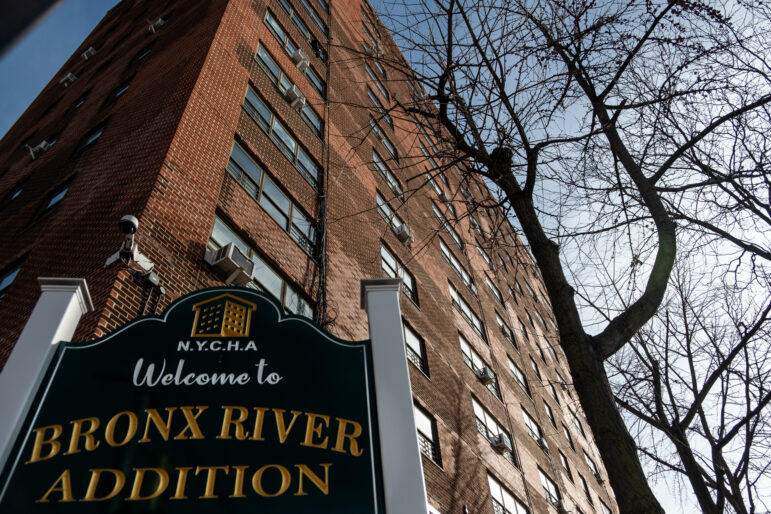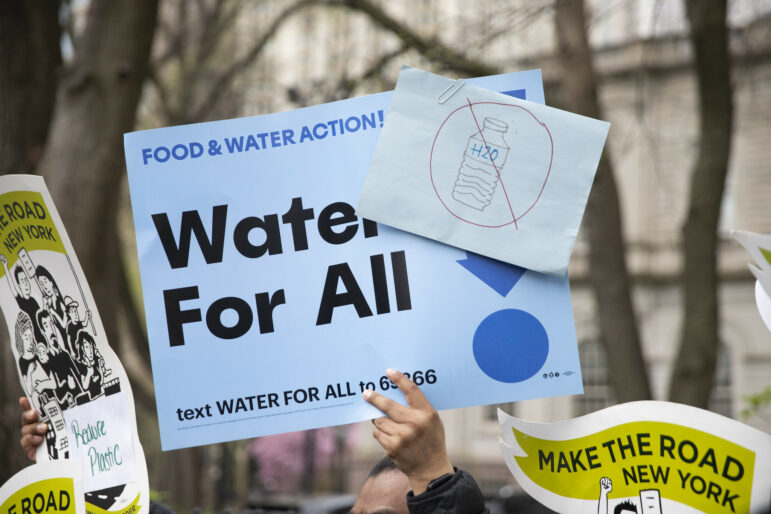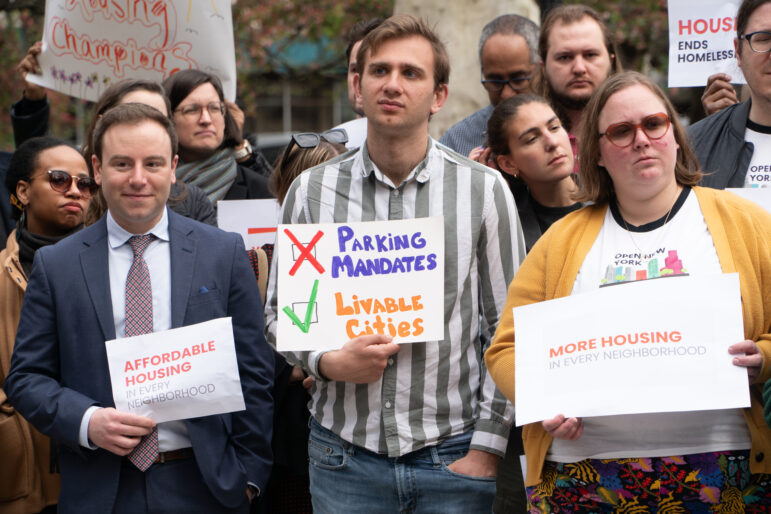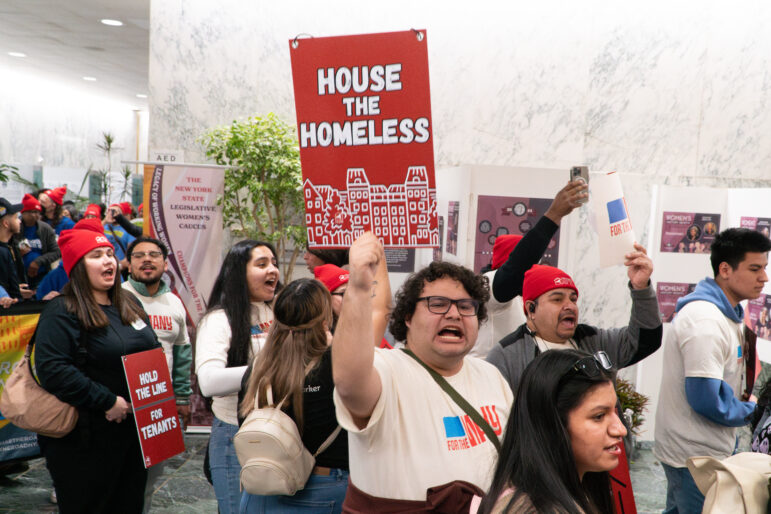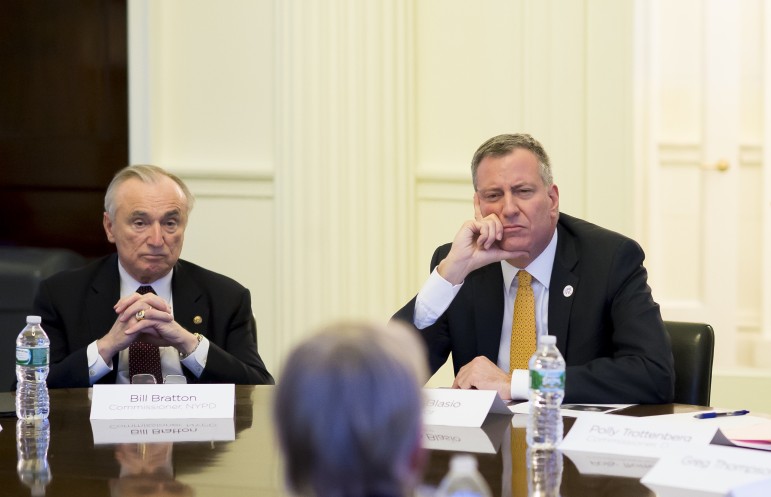
Rob Bennett for the Office of Mayor Bill de Blasio
Police Commissioner Bratton and Mayor de Blasio seen in February 2014.
Mayor de Blasio is facing ethical questions on several fronts, many of them related to whether businessmen Jeremy Reichberg and Jona Rechnitz financed the mayor’s political operation in exchange for favors. Monday’s arrest of two high-ranking NYPD officials and Reichberg, as well as an NYPD sergeant, could be a step to answering some of those questions.
Regardless of what is eventually learned about the conduct of this mayor and his administration, it’s important not to lose sight of an important fact: Despite the tabloid shorthand that dubs Rechnitz and Reichberg “de Blasio donors,” the activities at the heart of the federal case against Reichberg began during the Bloomberg administration, when de Blasio was a long-shot at best to succeed the billionaire in City Hall.
That doesn’t mean anyone on Bloomberg’s team was the least bit to blame for, or even aware of, the alleged wrongdoing; it’d be preposterous to suggest that. Nor does it mean that the current mayor’s responsibility is necessarily reduced because icky things that have occurred during his tenure have roots in earlier administrations. But it does suggest that the alleged NYPD corruption is not a symptom of the return of a “transactional mayor,” as some writers have described de Blasio, but rather part of a larger continuum of wrongdoing.
The criminal complaint against NYPD officials James Grant and Michael Harrington, along with Reichberg, says that “from in or about 2012 up to and including in or about 2015” the accused “willfully and knowingly did combine, conspire, confederate and agree with each other to violate Title 18, United States Code, Sections 1343 and 1346.” Those are the sections of federal law that deal with wire fraud and “honest-services” fraud.
A start date of 2012 is, obviously, well before de Blasio became mayor. The roots of the alleged wrongdoing might date back ever further. Referring to the 2012-2013 period when a cooperating witness, believed to be Rechnitz, allegedly began bribing the police officials, the criminal complaints says the witness “understood Reichberg and other of his wealthy associates to have previously been engaged in this same conduct with members of the NYPD.”
Later, the complaint says that the cooperating witness met Reichberg in 2009-2010. When they met, Reichberg presented the witness with a business card “stating that he was an ‘NYPD liaison’.” At the same time, Reichberg boasted “that he could help with traffic and moving violations and other police-related issues and was, in sum and substance, a ‘fix-it’ guy.” That suggests the shady stuff could date back as early as 2009.
Some, but not all, of the more lurid accusations in the complaint refer to events that took place in pre-de Blasio New York. The trip to the Super Bowl, during which a prostitute was allegedly hired to travel with Grant, was in early 2013. At least some of the expensive restaurant visits, the Rome vacation, the bizarre Christmas visit in which the alleged bribers showed up to Grant’s house bearing gifts and wearing elf caps, the purchase of a new watch for Grant and the offer to pay for work on Grant’s house all are alleged to have occurred in 2013.
However, the allegations around improper handling of permits for carrying firearms are alleged to have occurred after de Blasio became mayor. And other nasty allegations, about cops carrying water for Reichberg’s business interests, concern events in 2014 and 2015. And it was in 2015 that Grant managed to mention Christmas, Westchester County and his testicles in the same sentence during a phone call with Reichberg that the feds say they recorded.
The point isn’t that more of the alleged bad stuff took place in one period or the other; it’s that the change in mayoral administrations, if the federal complaint is to be believed, doesn’t appear to have substantially altered what was already a dirty arrangement between top cops and a businessman who tried to buy them, and allegedly succeeded.


